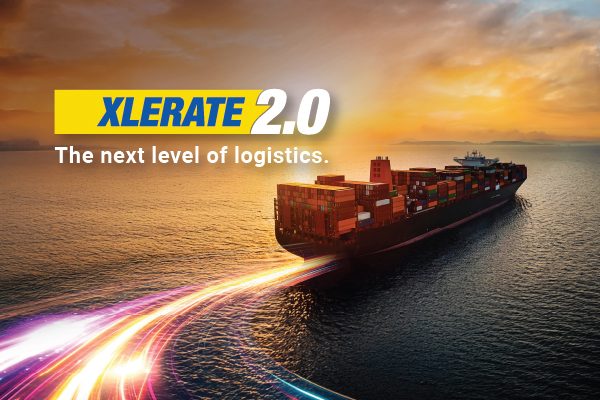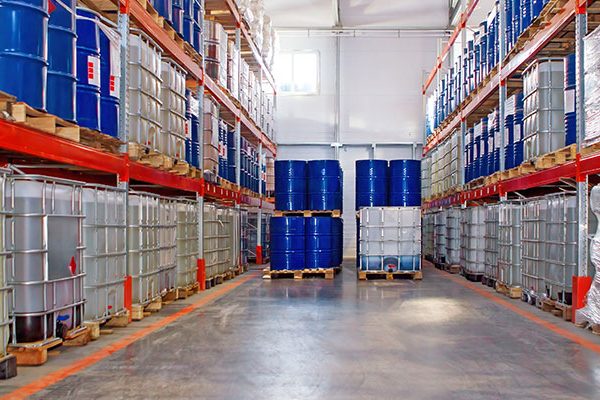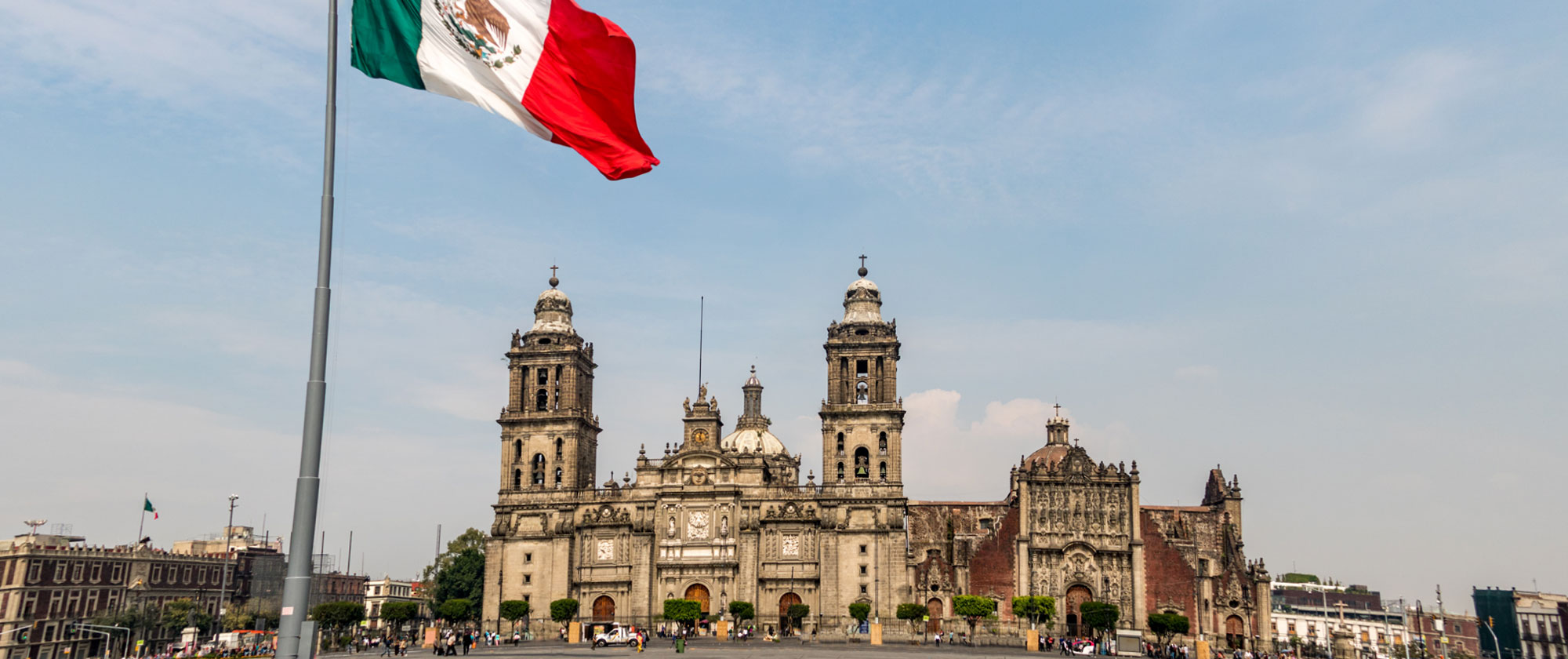Mexico’s economy is registering rigorous growth with its Gross Domestic Product (GDP) equivalent to 1.97% of the world economy. Logistics has been a prominent contributor to the burgeoning economy with exports accounting for 39.22% of Mexico’s GDP. Backed by its extensive network and versatility of operations, ECU Worldwide Mexico is equipped with all the capabilities to help trade in Mexico scale to new heights.
Since the 1980s, Mexico has been moving towards a liberalised trade regime, after a prolonged period of import substitution industrialisation. Almost 25 years ago, Mexico initiated to open its economy to the North American Free Trade Agreement (NAFTA) between Mexico, United States (USA) and Canada. NAFTA made Mexico a strategic business partner by incorporating it into the supply chains of important industries like the automotive and household appliances among others.
Currently, Mexico has more Free Trade Agreements (FTAs) than any other country in the world and is a member of the World Trade Organisation (WTO), the Asia-Pacific Economic Cooperation (APEC), the G-20 and the Organisation for Economic Cooperation and Development (OECD). The country has 12 FTAs with 46 countries, including NAFTA and FTAs with the European Union, European Free Trade Asia, Japan, Israel and 10 countries in Latin America, and is also a party to the Comprehensive and Progressive Agreement for Trans-Pacific Partnership.
Emphasising on how Mexico is emerging as one of the top markets in the global economy, Mr. Francisco Martinez, Cluster Head, Mexico and Central America, ECU Worldwide, says, “The recent changes introduced in NAFTA have paved the way for building new and consolidated relationships with countries in the North American continent. Provisions such as increasing the percentage of regional content in the automotive industry, combating corruption and bribery, rules for certain manufactured components to be made in areas with high salaries, greater protection of intellectual property, new rules for electronic commerce, among others will greatly benefit the Mexican economy in the long run.”
A trading gateway between the Pacific and Atlantic
Situated between the Atlantic and the Pacific Oceans, Mexico enjoys a geographic advantage and forms a vital link between the North and South of American continents, making it an ideal hub for worldwide production and trade. The strong infrastructural network leverages the country’s strategically advantageous geographic location and has become a backbone of the logistics industry. “Today, Mexico has a relevant national asset in terms of connectivity infrastructure, represented by 38 seaports, road networks that exceed 370,000 km, railway tracks close to 27,000 km and 76 airports – of which 55 are international. 49 customs and 66 rail terminals allow intermodal articulation and support the nation’s growing volume of foreign trade, which also enables the internal distribution of goods and merchandise,” says Mr. Martinez.
These elements have been vital in encouraging and enabling efficient and profitable trade in and out of the country. Imports and exports were cumulatively valued at more than 4.5 trillion by June 2019. USA has been one of Mexico’s biggest trading partners and contributors to the aforementioned figure with 79% of the country’s exports being shipped to the USA. This significant trade cooperation can be attributed to strong connectivity through both land and water. China, Canada, Germany, Japan, South Korea, and Brazil are some of Mexico’s prominent commercial partners.
Although trade relationships between Mexico and the USA have been strained since the advent of the Trump administration, it has paved the way to exploring new partnerships with other commercial partners. As a world-class player in logistics and through its extensive network, ECU Worldwide has been at the forefront of helping companies scale operations in Mexico.
ECU Worldwide – The perfect partner to explore opportunities in Mexico
With its cutting-edge digital capabilities, the extensive network of offices around the world, and versatility of operations, ECU Worldwide is uniquely placed to help its clients extend operations in Mexico. The company’s ECU360 platform enables clients to interact with its extensive network of offices through a single platform, track their shipments, and receive insights into the breakdown of charges levied on deliveries.
ECU Worldwide’s extensive coverage of services and expansion to new routes gives them a unique positioning in the market. The Lázaro Cárdenas, a second gateway for traffic from Asia to Mexico, has been introduced by ECU Worldwide Mexico for importers located in the centre of the country (like Mexico City, Queretaro, Puebla) or even the Northeast (like Monterrey, Saltillo and others), taking the total number of trade lanes operating between Asia and Lazaro Cardenas to six. Ensenada is another important service offering route from ECU Worldwide Mexico which enables clients to get goods into the northern part of Mexico (like Tijuana, Mexicali, Hermosillo and others) avoiding congestion and multiple customs inspections via USA. In addition, Puerto Morelos near Cancun area and ECU Worldwide’s extensive network of offices in Central America offer weekly services to players operating in Mexico. “These factors coupled with the availability of a dedicated workforce comprising locals aids ECU Worldwide Mexico in providing high-quality services to its clientele,” Mr. Martinez explained.
With its service offerings in Mexico and around the world, ECU Worldwide continues to redefine the quality of services for the industry and is constantly setting new benchmarks for the sector.















